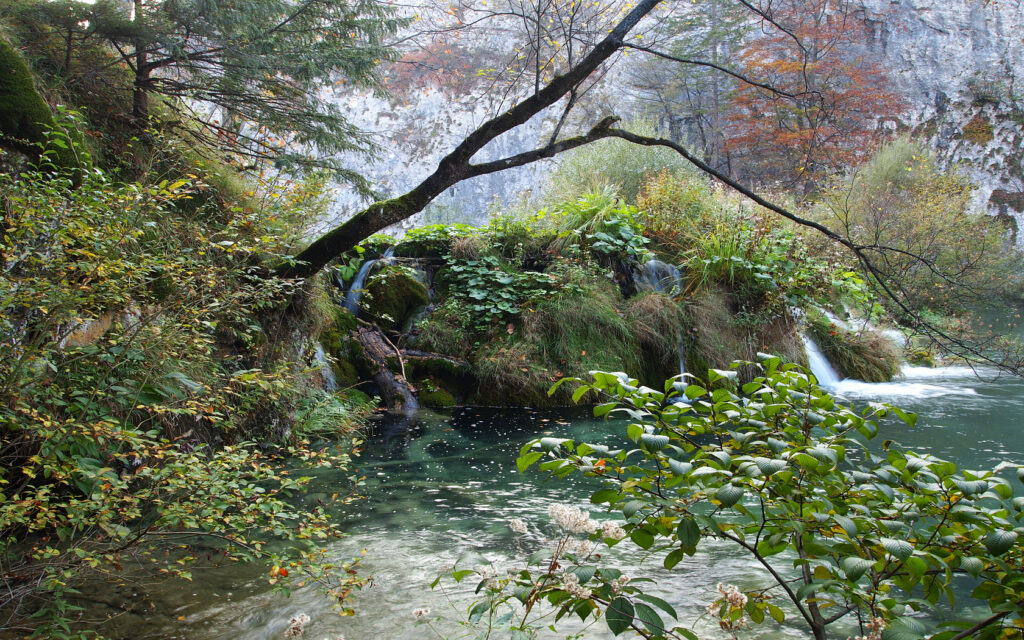It seems that the issue of asceticism periodically comes up whenever the issues of God and the world are discussed; this time in the comment section:
Perhaps the key to success in practice is absolute dedication of the soul and the willingness to endure everything on the path? Is some kind of ascetic life necessary for that?
I thought about it and I think it’s not a simple matter, in a sense that asceticism isn’t a singular thing, or the same thing to everyone. So, this is going to get somewhat involved.
Asceticism can be a very useful tool – putting limitations on spending money, on obtaining or replacing things, on thinking that things will solve your problems, on projecting into things and social status and so on. So, this kind of asceticism means that you don’t replace your car until it becomes unsafe and expensive to keep running due to malfunctions and servicing costs. It means you live well beneath your means, not trying to increase your apparent social status by increasing expenses to match or exceed your income. Basically, it means controlling the animal – keep it fed, but don’t allow it to get fat.
Then there’s the religious idea that you need to renounce things of the world in order to make room in your life for God. Especially, one should renounce the pleasurable things, as if everything is a God-vs-thing contention, and to not renounce a thing x supposedly means that you favour it over God. Honestly, I think this is a spiritual fallacy that can only lead one to start resenting God, and I can see nothing good in the entire concept. It doesn’t work like that at all, because one could say, with equal or better justification, that God is the origin and foundation of all things, and especially the good things are those through which we can sense God’s nature and presence more, and so the good things in our life can be seen as the medium of our personal idiosyncratic communion with God. To renounce those can be seen not as making place for God or choosing God over a thing, but as rejecting God in that one form in which He is revealed to us, however slightly and partially.
No, I think the entire concept needs to be revised. I think the central question is whether you want God to be a part of your world, or do you want to be a part of God’s world? Is God your Lord, or do you wish Him as a powerful servant to fulfil your wishes? Do you want to be a tool in God’s garden, or do you want God to be a tool in yours? That’s what the crux of the matter seems to be. People who reject God usually do it by wishing to accept God, but at their own terms, to be a part of their world, to make things better for them, to make them greater – basically, who wouldn’t want an all-powerful servant who caters to your every need? But to accept God in such a manner is to reject Him. There’s a good Star Wars analogy to this; the Sith see the Force as a tool, as a beast of burden that obeys their commands and realises their wishes. That’s called the Dark Side, and I would say the darkness is in the approach and the attitude, not the Force.
The other approach is to understand that, in order to be able to grow, you need to stop seeing yourself as the frame of reference, and accept that God is the frame of reference. Basically, God defines the coordinate system in which you are currently placed, and in which you wish to be better, according to the terms set by God. You’re not the one defining the coordinate system of rules, values and principles according to which God should act in order to be accepted by you as good and useful. You need to listen, observe, learn, outgrow your limitations and stupid ideas, and here’s where we arrive at my personal definition of asceticism: it is to renounce every wrong and limiting idea that stands between you and God. Yes, that’s somewhat abstract and hard, much harder than renouncing coffee. It is, however, far more beneficial. How about, renounce the idea that being in the presence of God depends on your personal awareness thereof? Basically, what if you are constantly in the presence of God even if you don’t know it? Would you act differently? Would your cares and priorities be affected?
Also, if you accept yourself as someone who is in service of God, or in a frame of reference that is defined by God, and your spiritual attitude, choices, thoughts, flows of energy into action, are all in God’s frame of reference, meaning they are more or less aligned with God’s nature and intent, renunciation and asceticism is to renounce resistance to God in your consciousness and actions. Asceticism is to be the presence of God in the world, ultimately, because that means that any kind of “you” that wished to make God into a tool or a servant in your personal playground is long gone.















